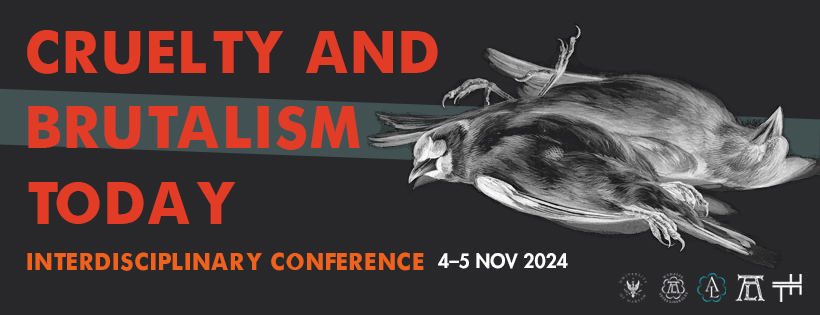Eero Suorsa
(University of Turku)
Abstract:
In my paper, I conceptualize the concept of the colonized body during late capitalism in aesthetic surgery. My central question is: how the representations of aesthetic surgery reproduce brutalized figures of oppressed people in popular culture? The case study of my paper, and the article behind it, is Nip/Tuck-television series (2003-2010).
Aesthetic surgery is no more the luxury of the upper classes; smaller operations, such as breast operations and dangerous, permanently harmful, different vaginoplasties and hyaluronic acid operations, are readily available for working-class people and other groups in society that live in the most harmful position. Aesthetic surgery has been advertised as an easy way to improve employment opportunities in precarious working conditions, especially for various marginalized groups, such as people of color, gay men, and working-class women.
I use as my framework Frantz Fanon’s Black Skin, White Masks (1952) and Matthew Beaumont’s How We Walk: Frantz Fanon and the Politics of the Body (2024). I want to ask if the philosophy has been unable to answer the questions posed by the growing culture of cosmetic surgery. As my empirical framework, I use Bonnie Perry’s Appearance Bias and Crime (2019) to demonstrate how the brutality of appearance does not stay on the TV screen.
My main argument is that philosophers must take clear standpoints when analyzing representations of popular culture. The argument is normative and goes beyond descriptive accounts; why it will be necessary to talk about aesthetic surgery and how it is reinforced in popular culture and why we will need to talk about the harmful beauty norms we often take for granted. These beauty norms often harm marginalized groups both in the Global North and South.
Bio:
Eero Suorsa (he/him) is a doctoral researcher in the Unit of Philosophy at the University of Turku. He is working on his Ph.D. Ethics of Aesthetic Surgery. Other research interests include the history of philosophy and aesthetics. He also writes regularly about class, popular culture, and the philosophy of history both in academic and mainstream platforms.
